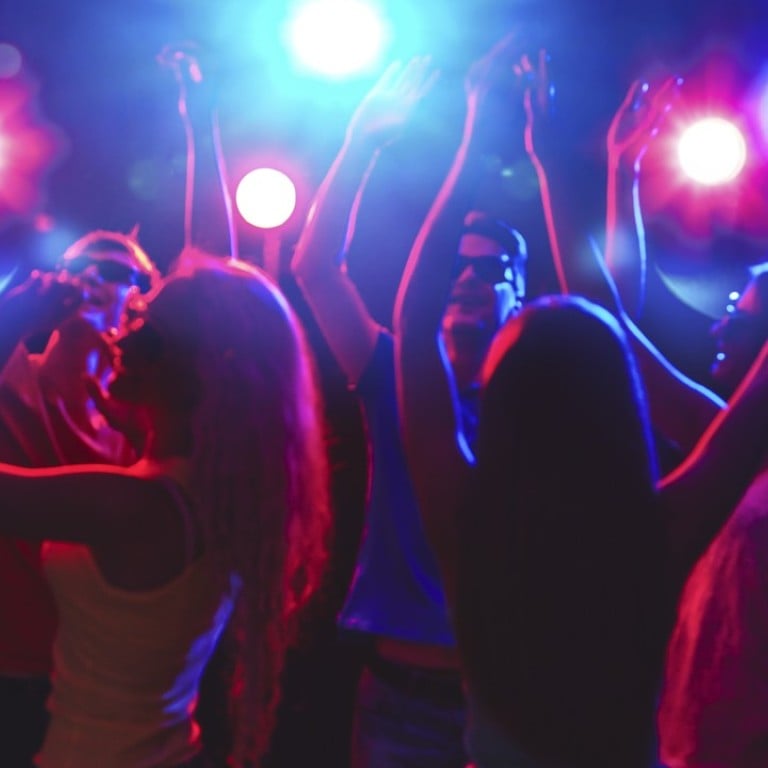
Confessions of a Hong Kong underage drinker: vodka, jello shots, heavy make-up and a fake ID – after all, she’s only 14
With ample allowances and fake IDs, and ignorant of the dangers of heavy drinking, international-school pupils spend their Friday nights barhopping and clubbing in Lan Kwai Fong. It’s a growing trend, a support group says
In the dim light of the nightclub, 14-year-old Hongkonger Lily downs a line of four vodka shots as her friends, whooping and cheering, record her feat to post on Snapchat. In a video, she’s seen downing the last shot and grinning before pulling her friends onto the dance floor.
Lily, an international-school student, says it was a “typical Friday night” for her and her schoolmates. Although the legal age for alcohol consumption in Hong Kong is 18, she regards herself as a regular in the Lan Kwai Fong bar and nightclub area of Hong Kong’s Central district. Weekly party nights – drinking, smoking and hooking up – are popular among students her age, says Lily, who requests anonymity for herself and her school, fearing she may be identified.
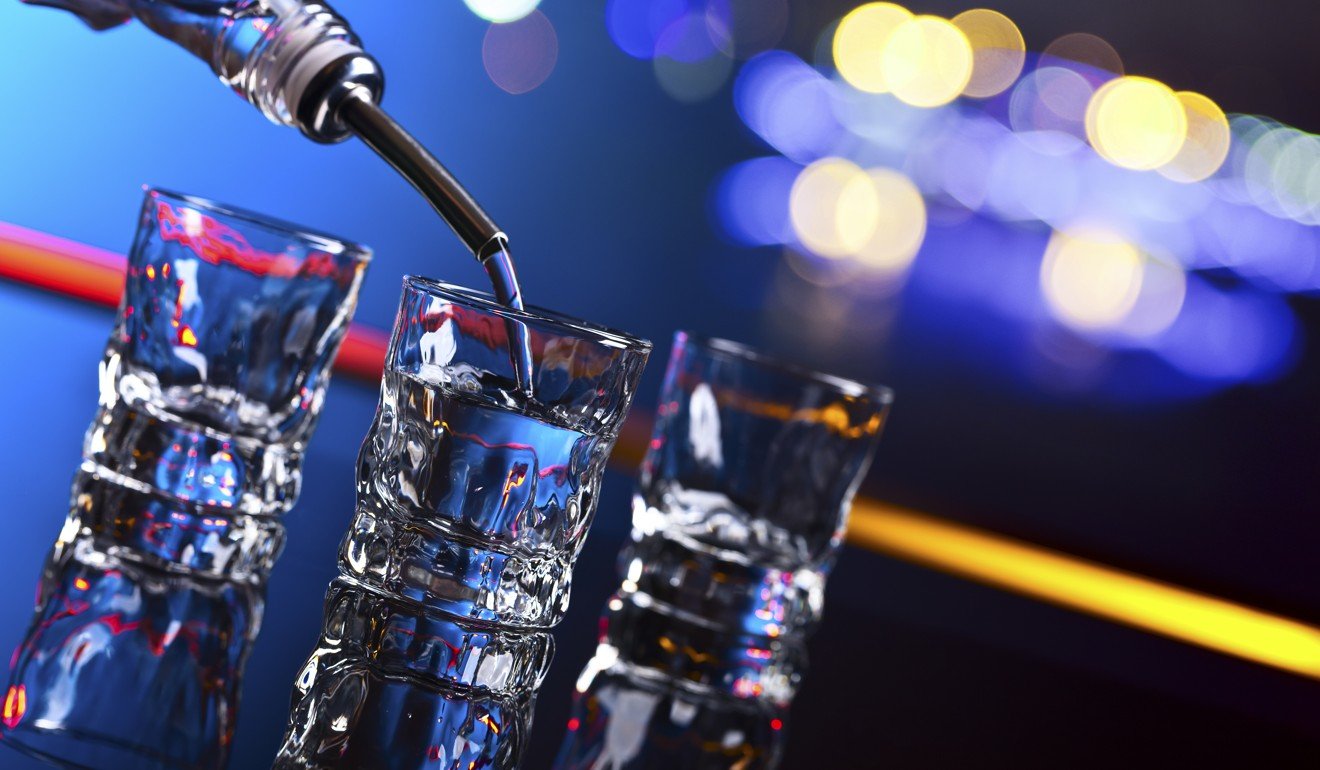
Doctors say sustained alcohol consumption can harm teenagers’ central nervous systems at an important stage of their development and leave them with permanent brain damage, potentially impairing their learning abilities.
Hong Kong must pay more attention to underage drinking problem
Although Lily says she is aware of the consequences, she has convinced herself that the culture of drinking and clubbing among international-school students has benefits.
“It’s not like your only goal is to get drunk,” she says. “You get to make a lot more friends and familiarise yourself with people that you may not be comfortable with at first. It also allows you to have more experience about drinking, so you know exactly what your limit is and what to watch out for.
“If you have experience, then it’s easier when you get to college and you’re put into these situations where everyone’s drinking and you don’t know anyone, but you can still socialise and make friends.”
Sky Siu, executive director of the KELY Support Group, says youngsters are aware that illegal drugs are dangerous but don’t realise alcohol is also addictive.
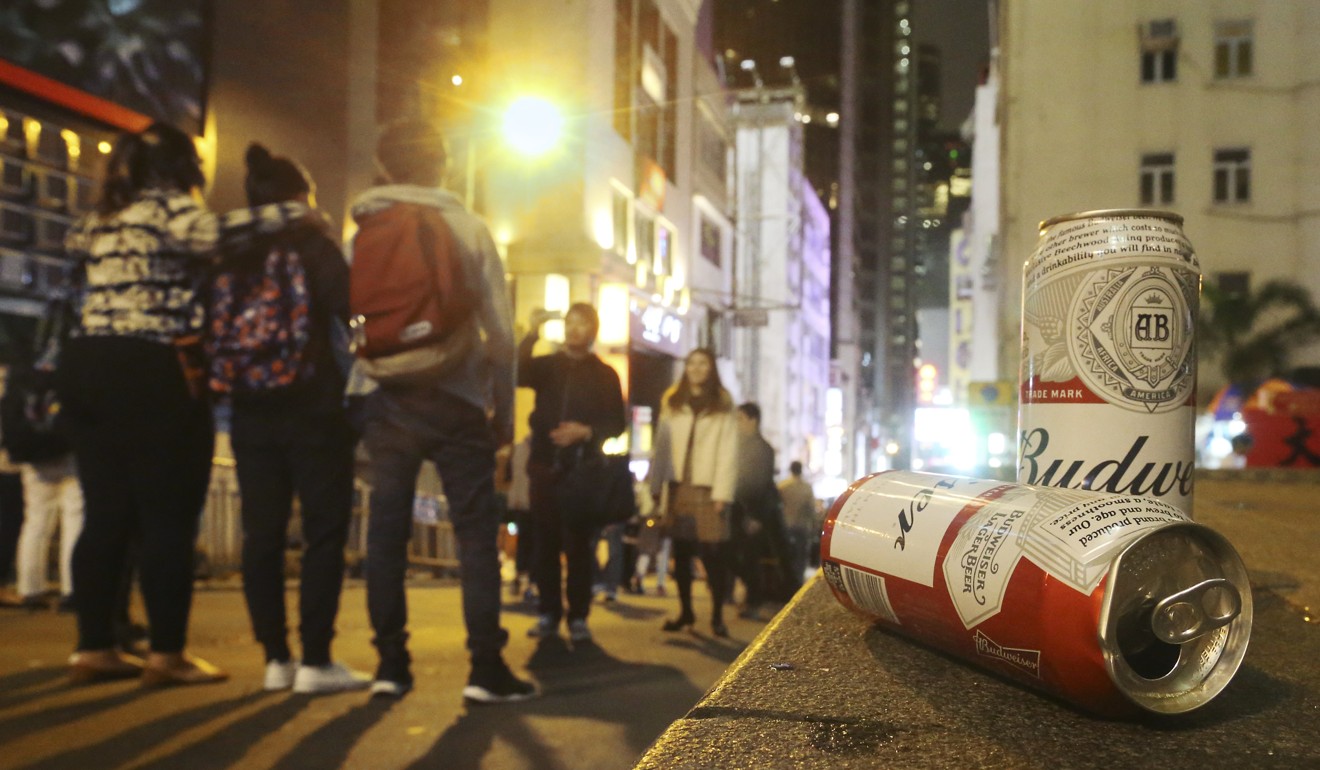
“We can see the attitude is changing. Young people are increasingly thinking alcohol is normal. It’s a way to socialise. It’s part of lifestyle,” she says.
“In the past three years, the underage drinking issue has been more recognised and parents are more aware and concerned.”
KELY, an NGO established 25 years ago, works with youngsters aged 14 to 24, providing workshops and programmes on drug and alcohol misuse in Cantonese and English, with a focus on knowledge, resistance and harm reduction. The programmes are usually attended by parents and their children. “That’s our way to reach them,” she says.
Proposed move on underage drinking is long overdue
Siu says youngsters are especially vulnerable when they are experiencing transitions such as going from primary to secondary school.
“It’s a time they begin to explore, to find their identity and friends’ circle. I would say the main reason behind their decisions is peer pressure, the desire to hang out with friends, to be part of something that’s bigger than themselves,” she says.
Lily says a typical Friday night out for her begins at around 5pm, when she meets her friends, all from the same year in school, to go “rooftopping”. They usually go to the rooftop of a high-rise in Causeway Bay, where they vape using e-cigarettes. It’s their time to casually chat and destress after a long week at school, she says.
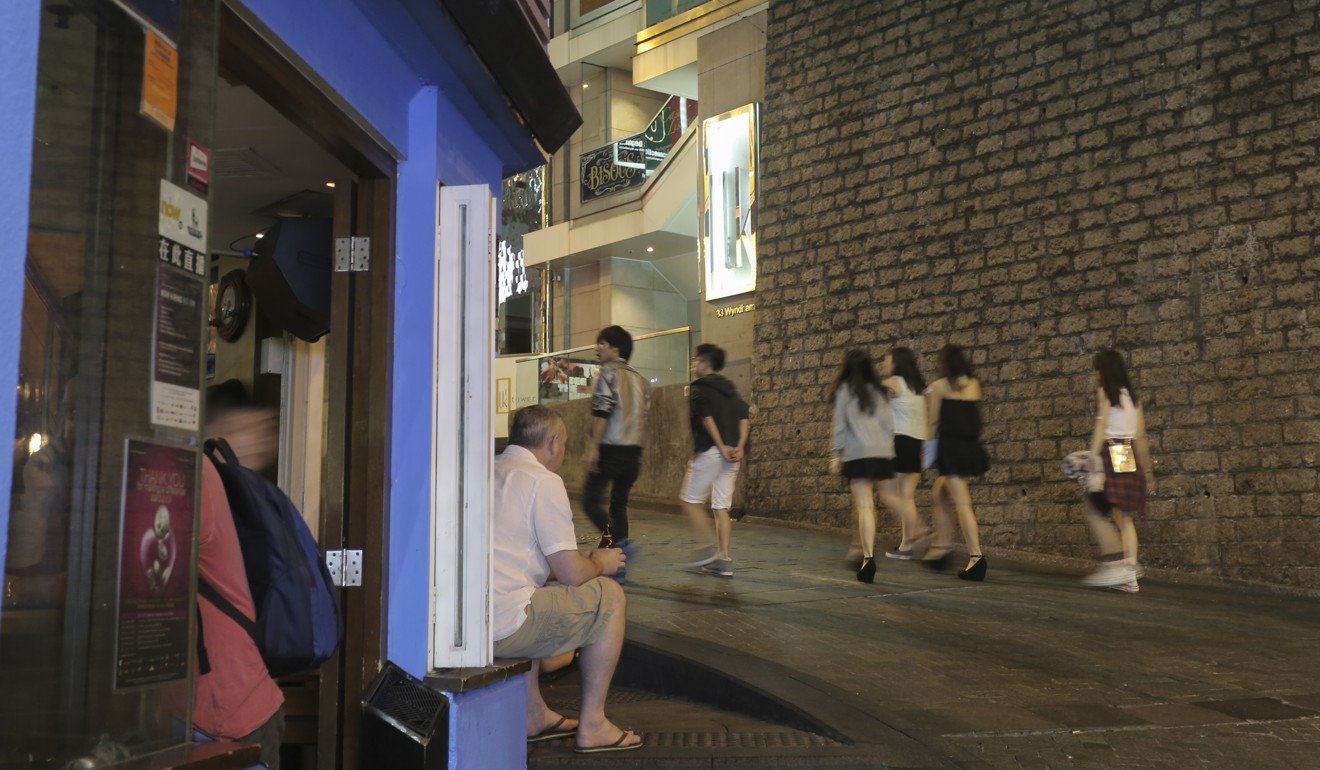
“We wear heavier make-up to make ourselves look older,” she says, “because we need to convince the bouncers that we’re of age.”
Hong Kong Sevens organisers vow to clamp down on underage drinking at annual extravaganza
Lily reminds her friends to bring their fake IDs, which she says can be bought for between HK$500 and HK$800. She is coy about the question of where they get their bogus identity documents. Queuing to get in the club, she feigns indifference by scrolling through her phone and chatting with friends.
“I try to maintain a mature aura. And when they ask for my ID card, I try to be super nonchalant,” Lily says. “You have to be very careful not to get caught.”
Tommy Fong, director of the Lan Kwai Fong Association, which represents bars and restaurants in the neighbourhood, insists members will not sell alcohol to teenagers.
“They will ask for ID if needed. Restaurants and bars in Lan Kwai Fong know it is illegal to sell alcohol to teenagers,” he says.
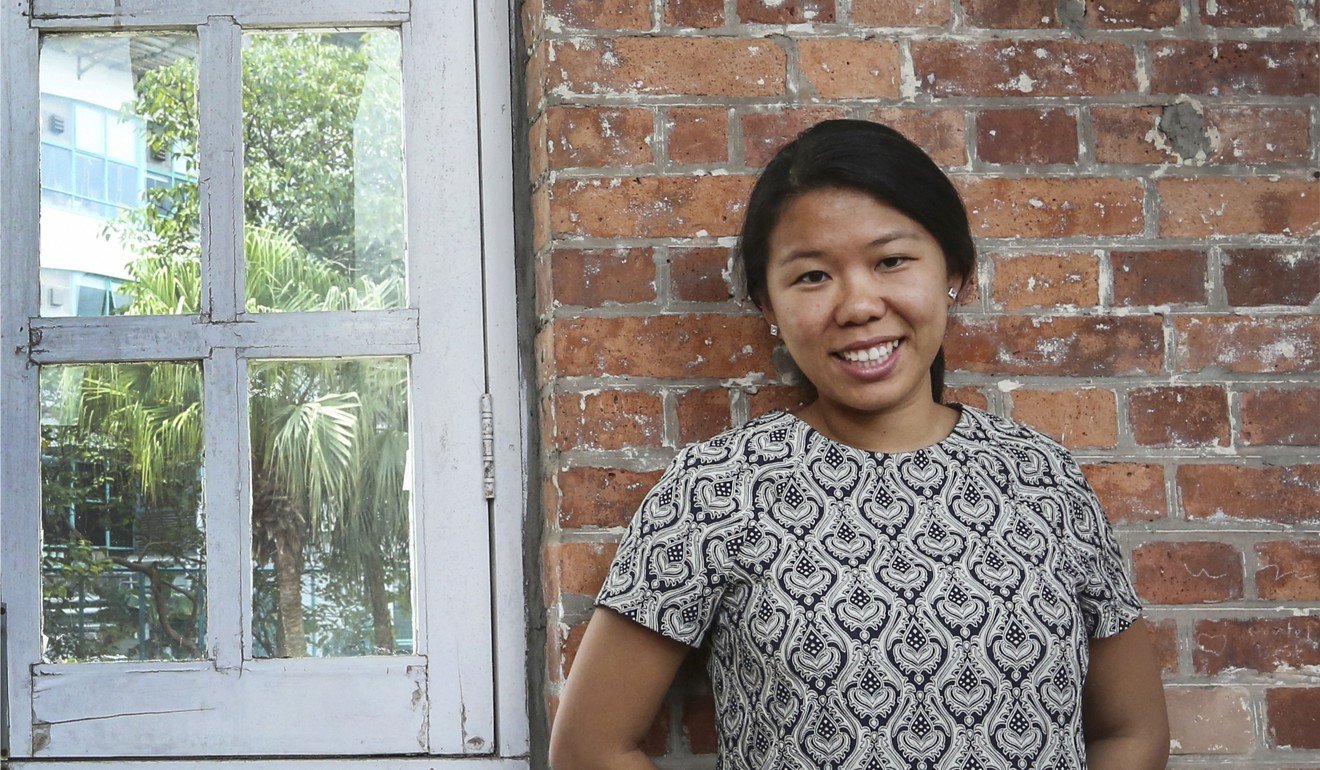
Lily, whose favourite tipple is vodka, says she often sees other students from her year in school on Friday nights. She will call them over to join her friends and probably order more rounds of shots to share.
There’s this one person I know whose parents are never home, so we always just sleep over at their place
“We go to Lan Kwai Fong in a small group, but we always end up merging with another group [of people from her school] and becoming a big group,” Lily says.
She boasts about being a “heavyweight” drinker but admits that after a few shots she’s treading the fine line between tipsy and drunk.
After a few hours, Lily and her friends head off to a different bar, where they might order a round of jello shots before moving on.
A long night of drinking isn’t cheap, but Lily and her girlfriends have alternative ways to pay for their night out.
Is alcohol good or bad for health? Figures reveal Hong Kong as city of big drinkers
Typically, they pay for their drinks with pocket money given by their parents, but they have other ways of financing their Friday adventures.
“I try to get guys to buy me drinks. A lot of the time what happens is girls act drunk, and guys just pay for your drink,” she says. “If they’re drunk, they don’t really know what they’re doing, so they’ll just take out their wallet and pay for your drink.”
On one recent weekend, Lily says, she and her friends found themselves among a group of international-school students she didn’t know, but she was far too gone to care.
“It doesn’t really matter where you’re drinking ... people you don’t even know, who don’t even go to your school, will come up to you because they’re so drunk that they don’t know who you are. One girl came up to me and was like, ‘Oh my god, I haven’t seen you in so long! You know, I hooked up with seven guys already.’”
“I’ve seen people give each other oral sex in public [in a bar],” she says, recalling one of her weirdest experiences on a night out. “People literally have no public decency when they’re drunk.”
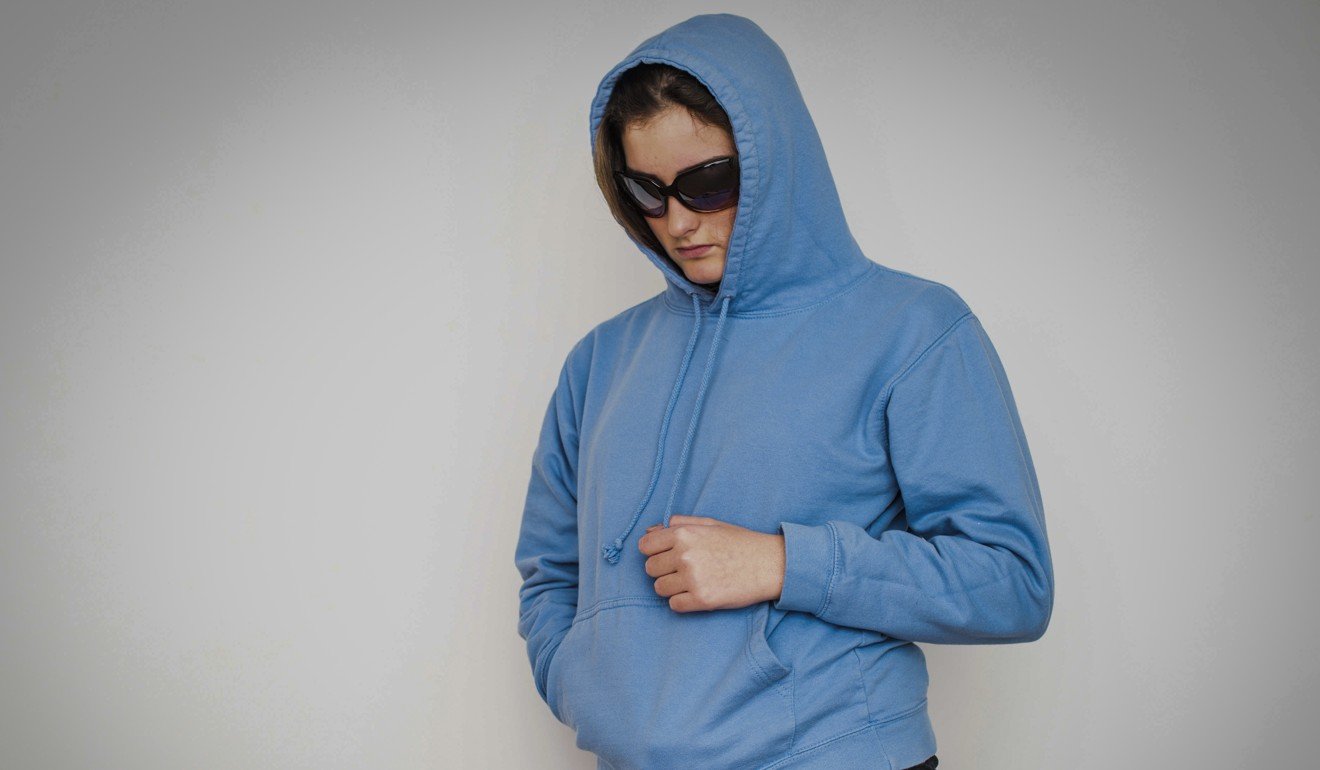
Lily says she often wakes up at noon on a Saturday with a throbbing headache. She takes a taxi home wearing a pair of dark sunglasses and an oversized hoodie to disguise her state. “I tell my parents, ‘Sorry, I slept really late last night. I didn’t get enough sleep. We stayed up talking,’” Lily says.
After downing a glass of water and painkillers to ward off her hangover, she usually checks Snapchat, and opens her friends’ stories to relive her Friday night. She then settles down at her desk to start the weekend’s homework, already looking forward to the following Friday.
Siu says the KELY Support Group receives calls from concerned parents from time to time with regard to alcohol use among youngsters. The group’s advice is for parents to have a discussion about drinking with the children as early as possible. “Every family has different views on alcohol. Having conversations could help with children’s curiosity about alcohol,” Siu says.

